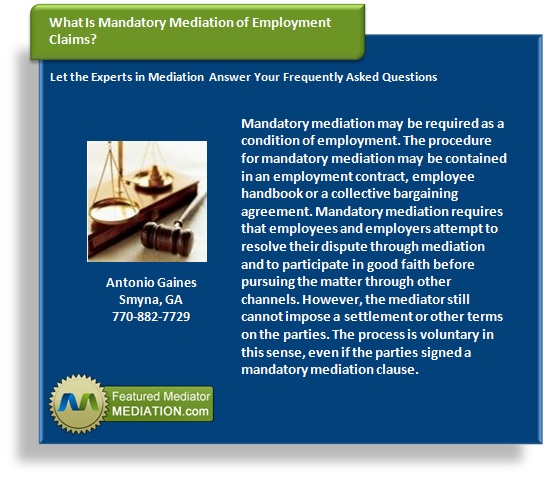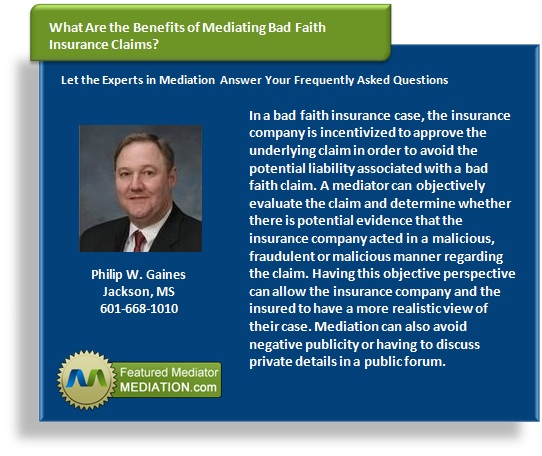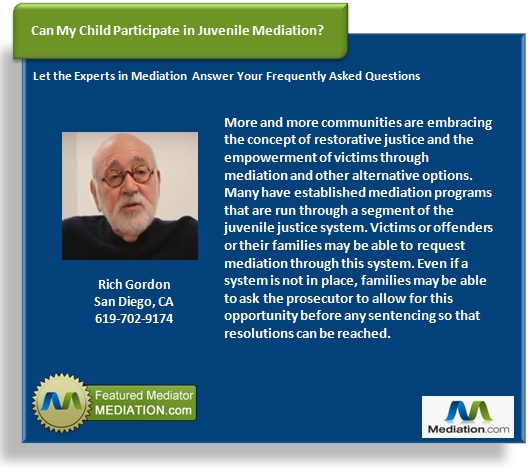 Mediation is becoming increasingly popular in personal injury claims, including boating accidents. This process helps parties work together to resolve their legal dispute. A specially-trained mediator helps them communicate better and achieve a settlement with which they both can agree. Some things to expect from boating accident mediation are discussed below:
Mediation is becoming increasingly popular in personal injury claims, including boating accidents. This process helps parties work together to resolve their legal dispute. A specially-trained mediator helps them communicate better and achieve a settlement with which they both can agree. Some things to expect from boating accident mediation are discussed below:
Length
Personal injury mediation usually lasts a half-day or full day. However, if the case is more complicated, it may last longer. For example, it may last longer if there are multiple parties involved. Additionally, some parties may be reluctant to settle the case at the first mediation appointment but may return later to this forum and resolve their case.
Confidentiality
Anything that either party says during mediation is kept confidential, as long as the parties agree to this upfront. If a party admits fault or anything else against his or her interests, these statements cannot be used against a party later in a lawsuit. This characteristic of mediation usually motivates parties to discuss the case more candidly.
Choosing a Mediator
The parties are free to choose a mediator of their liking. If the parties are both represented by legal counsel, their lawyers may agree on a mediator. They may choose a mediator they have used in the past. They will look for someone with subject matter expertise and who is skilled at mediation.
Involvement of the Parties
Mediation is different from other areas of the law because the parties are intricately entwined in the process. They each will have an opportunity to state their position in the case and communicate about why they think a particular settlement is appropriate. The victim can discuss the impact of the injury on his or her life and the insurance adjuster or defendant can discuss mitigating factors.








 Employers are prohibited from discriminating against certain employees and applicants who are of a certain age. Individuals who believe that they are victims of age discrimination may decide to pursue litigation based on age discrimination, or they may choose ADR instead. Read on to learn about what you need to know about age discrimination claims.
Employers are prohibited from discriminating against certain employees and applicants who are of a certain age. Individuals who believe that they are victims of age discrimination may decide to pursue litigation based on age discrimination, or they may choose ADR instead. Read on to learn about what you need to know about age discrimination claims. A bad faith insurance claim arises when an insurance company is accused of violating its contractual responsibilities with its insured. In some situations, involving a bad faith insurance claim, there may be two separate claims, one that is against the insured, such as an automotive accident claim, and the second for the bad faith assertions. These types of claims may be resolved through the process of mediation.
A bad faith insurance claim arises when an insurance company is accused of violating its contractual responsibilities with its insured. In some situations, involving a bad faith insurance claim, there may be two separate claims, one that is against the insured, such as an automotive accident claim, and the second for the bad faith assertions. These types of claims may be resolved through the process of mediation.